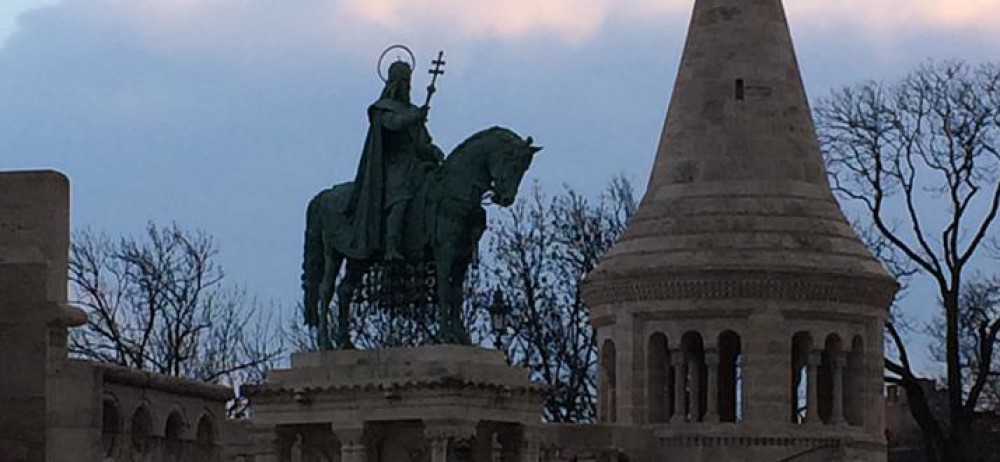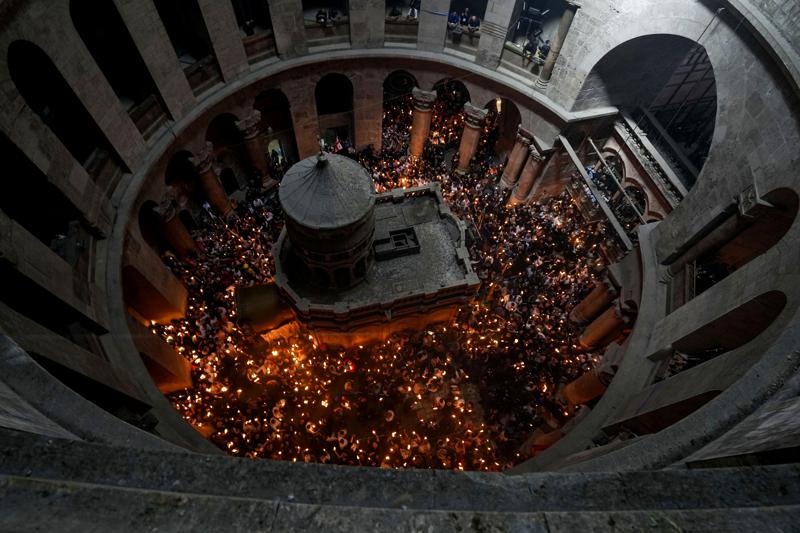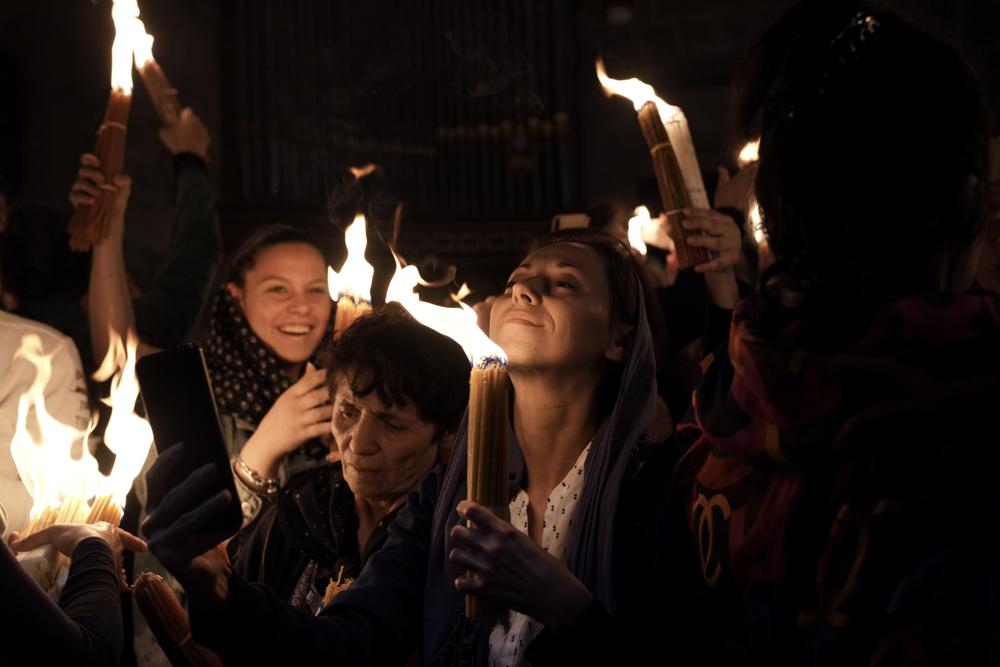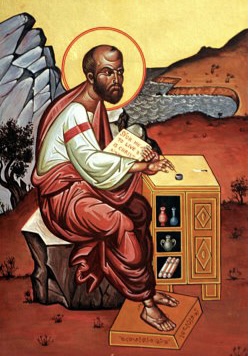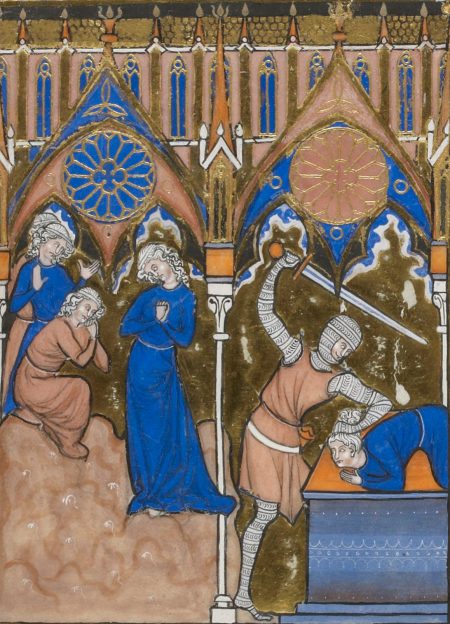For the love of Christ holds us in its grip, since we have reached the conclusion that one has died for all; therefore, all have died and he died for all in order that those who live might live no longer for themselves but for him who died and was raised for them…. if anyone is in Christ, that person is a new creation; the old has passed away; behold, the new has come. (2 Cor. 5:14-17)
One man died for all and rose from the dead. Christ. Because that one man died, everyone has died. Because that one man rose, everyone will rise. Because everyone will rise, no one lives only for themselves. No one has to be afraid of everybody else. No one has to protect themselves from everybody else. No one needs to live only for themselves, looking out for Number One and taking and taking and taking from other people in order to survive themselves. Because everyone has died and will rise again, we are free to live without fear. We are free to live for those around us.
The human race died when Christ died on the Cross. The human race rose with Christ from the tomb. Now it is for each of us to personally accept that we have died and will rise again when our bodies catch up with the spiritual reality that already exists. Baptism, as St. Nicholas Cabasilas wrote in the 14th century, is our joyful acceptance of that immortality that awaits us. There’s no way to avoid that resurrection and immortality. We can either be happy about it or we can be miserable about it. We are washed in Holy Baptism and accept the reality that we cannot escape: we will be with Christ forever. The misery of being with someone forever when we don’t want to be there is what we call Hell.
Dead and risen with Christ–joyfully accepting the death and resurrection that we cannot escape–means that we are new people, a new creation. The old me died in the font. The new me emerged dripping wet, with one foot already in eternity–“the time beyond time,” we might say.
I am a new creation. I am free to live for those around me. I can be Dorothy Day, if I want. I can be Mother Theresa, if I want. I can be Gandhi, if I want. I can pour myself out in love for the people in my neighborhood, wherever that neighborhood happens to be. I only need to take my coming resurrection seriously. Seriously, but joyfully.
Read more of what St. Nicholas Cabasilas wrote about Holy Baptism in his masterpiece, The Life in Christ.
